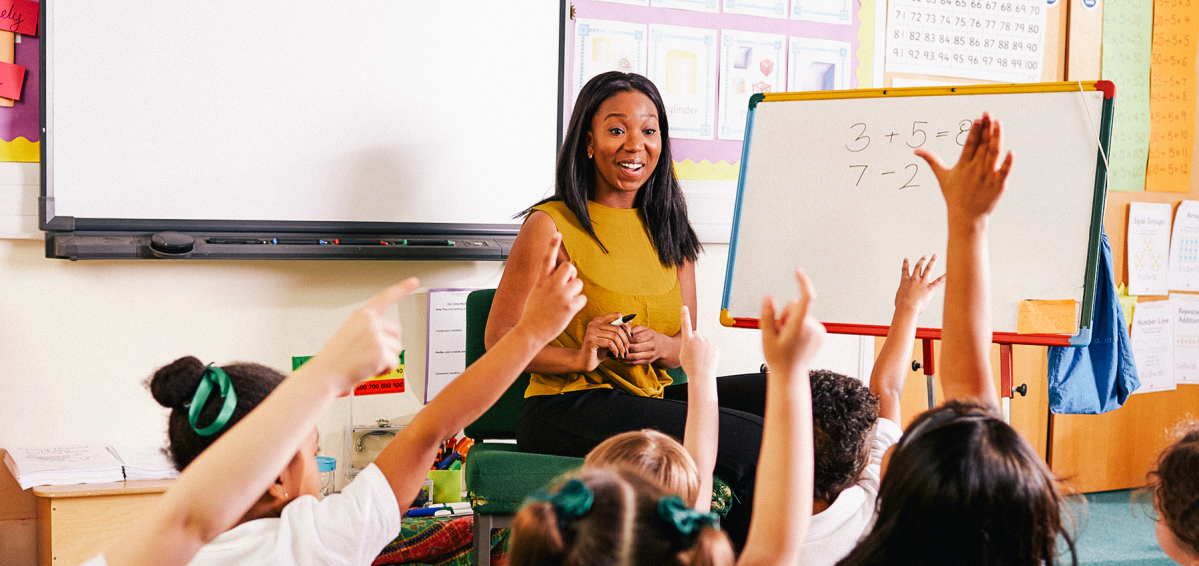Advertisements
In today’s competitive education landscape, securing a teaching position requires more than just qualifications and experience. The teacher interview process is a critical opportunity for candidates to showcase their skills, knowledge, and passion for education. To succeed, thorough preparation is essential. This guide provides aspiring educators with strategies to navigate the teacher interview process effectively.
Understanding the Teacher Interview Process
Teacher interviews typically involve multiple stages, including initial screenings, panel interviews, and sometimes teaching demonstrations. Each stage presents unique challenges and opportunities to showcase your qualifications and fit for the role. Being familiar with the structure and expectations of these interviews is key to successful preparation.
Research the School
Before beginning your interview preparation, it’s vital to research the school or institution thoroughly. Understand its mission, values, and educational philosophy, as well as any recent initiatives or developments. This research demonstrates your genuine interest in the institution and allows you to tailor your responses to align with its priorities.
Know Yourself
Self-reflection is essential for confidently presenting your strengths, experiences, and teaching philosophy. Consider your core competencies, past accomplishments, and areas for growth. Reflect on challenges you’ve overcome in your teaching experience and the innovative strategies you’ve employed. This self-awareness will help you answer interview questions authentically and with clarity.
Anticipate Common Questions
While every interview is unique, there are common questions you can anticipate, such as inquiries about your teaching philosophy, classroom management strategies, differentiation approaches, and how you handle student diversity. Preparing thoughtful responses to these questions in advance will boost your confidence and help you answer with coherence.
Advertisements
Practice Your Responses
Practice articulating your responses to anticipated questions aloud or with a mentor. Focus on clarity and relevance. Use the STAR method (Situation, Task, Action, Result) to structure your responses, highlighting specific examples from your teaching experience to demonstrate your abilities.
Demonstrate Pedagogical Skills
Many teacher interviews include a demonstration of your teaching abilities through a lesson or portfolio presentation. Prepare a well-organized teaching portfolio showcasing lesson plans, student work, and evidence of your instructional effectiveness. Practice delivering a concise and engaging lesson that highlights your teaching style, instructional strategies, and ability to differentiate instruction for diverse learners.
Stay Informed on Educational Trends
Stay updated on current trends, research, and best practices in education, especially those relevant to your subject area or grade level. Referencing these trends in your responses demonstrates your commitment to professional growth and keeping up with developments in the education sector.
Prepare Thoughtful Questions
Interviews are a two-way conversation. Asking thoughtful, insightful questions about the curriculum, professional development opportunities, support for new teachers, and the school community shows your interest in the position and institution. Avoid asking basic questions easily answered through research, and instead focus on inquiries that foster meaningful dialogue.
Conclusion
Succeeding in teacher interviews requires a blend of self-awareness, research, preparation, and strategic thinking. By understanding the interview process, knowing yourself, anticipating questions, showcasing your teaching skills, staying informed on educational trends, and asking insightful questions, you can position yourself as a standout candidate. Confidence, authenticity, and enthusiasm will leave a lasting impression on interviewers, helping you secure the teaching job you desire.
Advertisements













